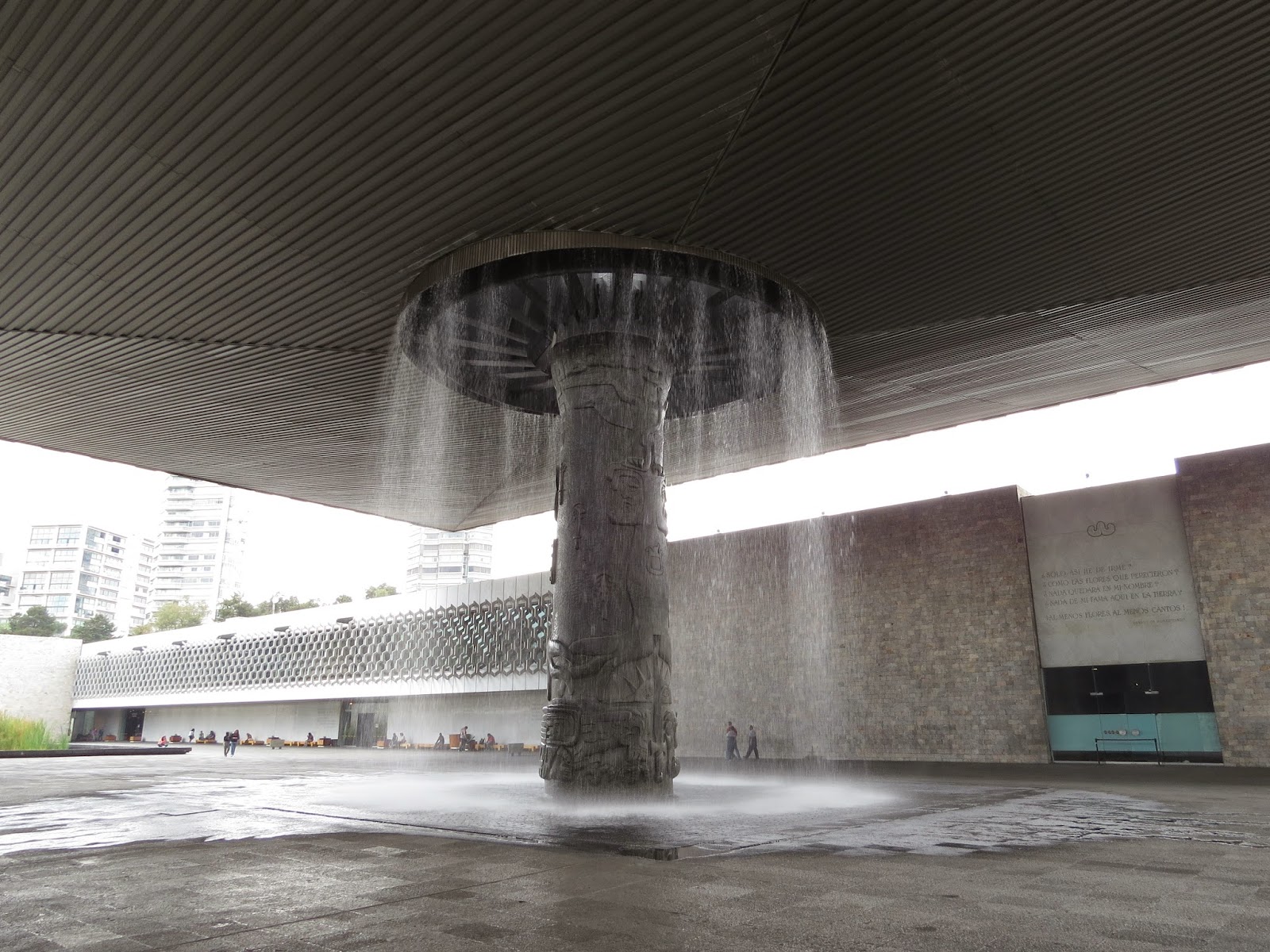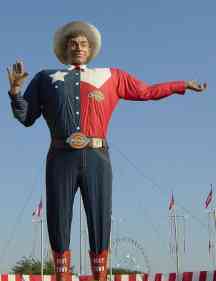Museo Nacional de
Antropologia (The National Museum of Anthropology) contains one of the world’s
largest collections of archaeological and anthropological artifacts from
prehispanic Mayan civilizations to the Spanish conquest. It is home to an outstanding collection and you can spend a lot of time exploring the museum. It is almost too big for a single visit.
The modern
architecture, designed by Pedro Ramirez Vazquez, is characterized by its iconic
umbrella roof supported by a single column, which represents a mythological
tree and depicts eagles and jaguars—all important symbols to the prehispanic
natives. Each of the salons displays artifacts from a particular geographic
region or culture. The Mesoamerican cultures displayed include: Teotihuacan,
Toltec, Aztec, Mixtec, Zapotec, Olmec, and Maya. Be sure to see the Aztec
Calendar, Piedra del Sol (Stone of the Sun), which shares similar aspects to
the Mayan Calendar.
The 12-foot, 25-ton, carved basalt slab, dating to the late
1400s, was discovered buried beneath the Zocalo. Other highlights include the
reconstruction of an eighth century Mayan tomb and perfectly preserved
skeleton, a replica model of the Templo Mayor, a copy of Aztec ruler
Moctezuma’s feathered headdress and massive Olmec heads.
































No comments:
Post a Comment